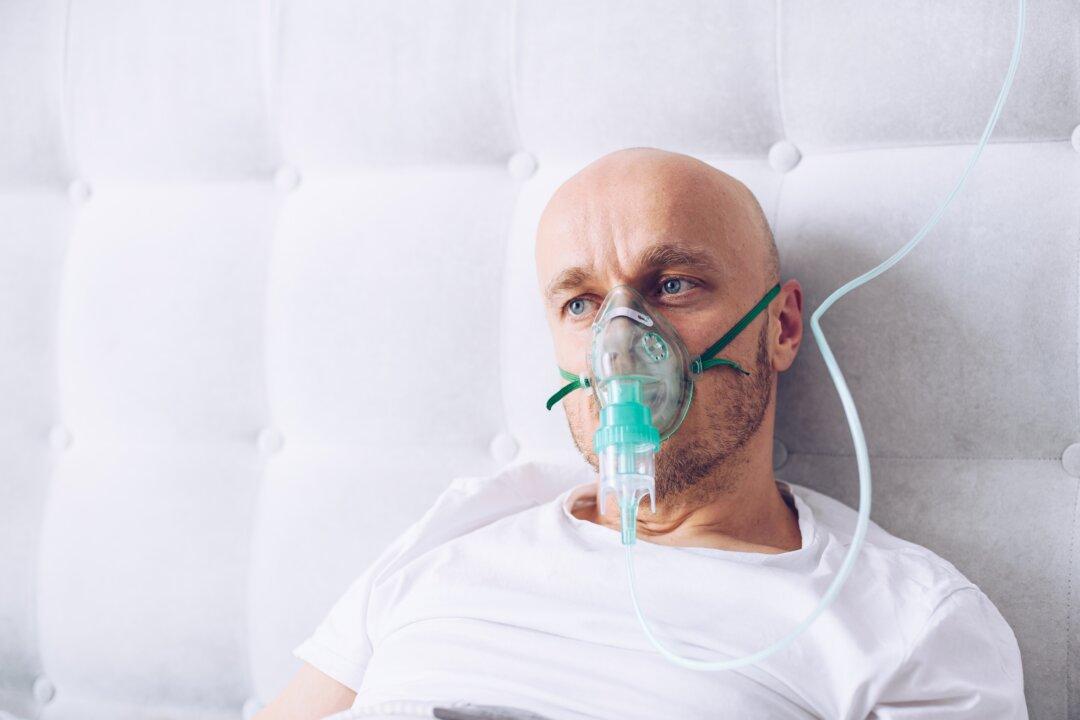One of the hardest things about testing positive for COVID-19 is that conventional Western medicine has offered very few treatment options to reduce the severity of the disease. Some doctors and hospitals are using monoclonal antibody treatments as an early intervention, which may help reduce hospitalizations, as reported by The Epoch Times. Other Western medical treatments for the virus—including the anti-malarial drug hydroxychloroquine and the anti-parasitic drug ivermectin—are also being used, but remain controversial.
But now, an interesting new study from a team of scientists based in Spain is offering another potential treatment for the disease: the heart medication metoprolol. The study, published on Sept. 7 in the peer-reviewed Journal of the American College of Cardiology, suggests that a common heart medication may be an effective treatment for the severe lung complications that are a major cause of death in severe SARS-CoV-2 cases.






